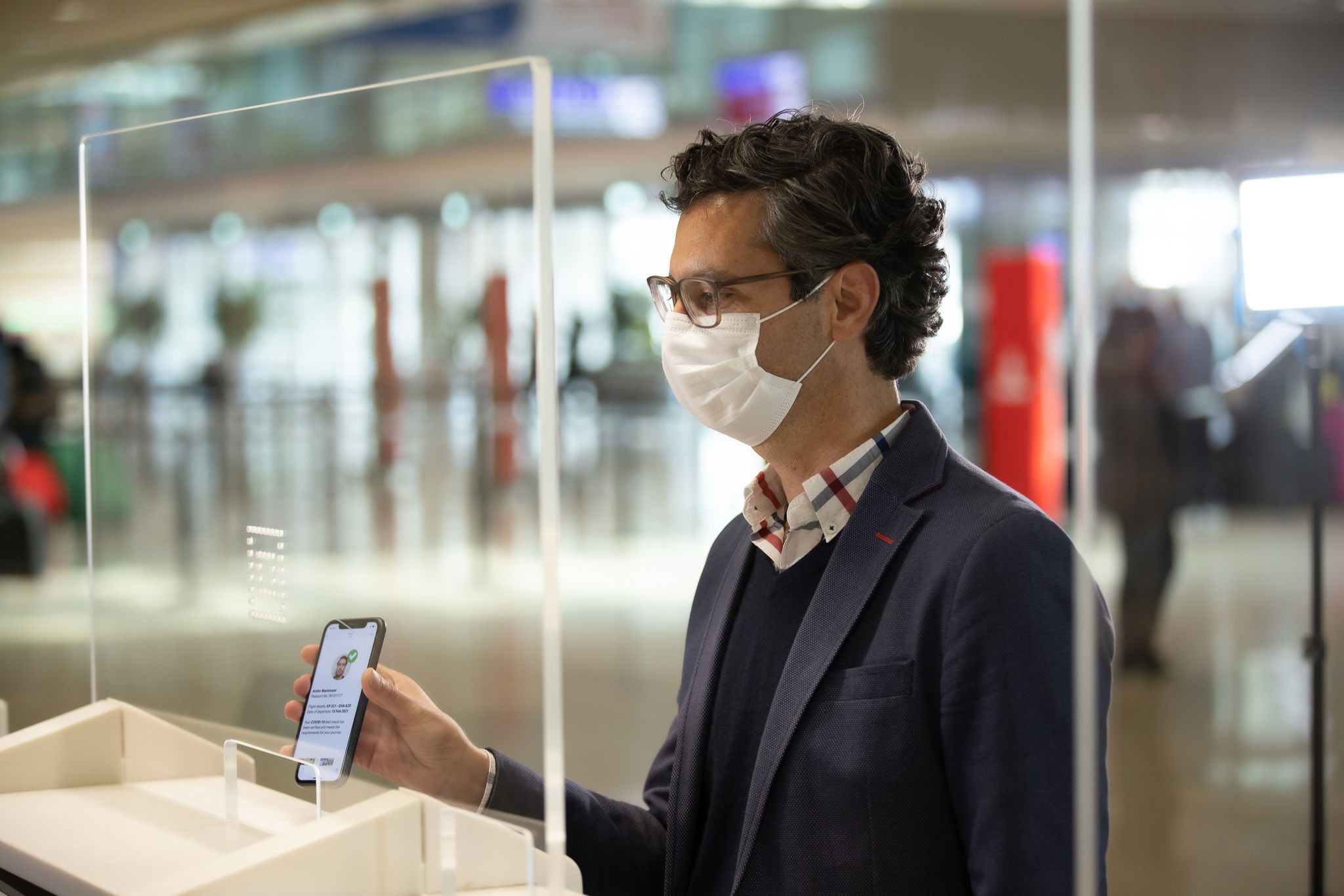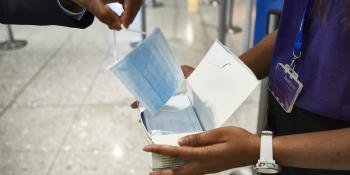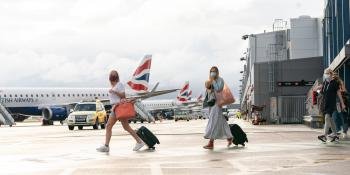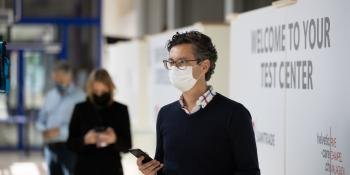The organisation believes a universal platform to manage health credentials should be adopted to streamline processes
IATA has advised that international governments should implement a digital platform to manage travel health credentials to avoid potentially serious impacts on the industry.
According to the organisation, current data indicates that airport processing times have doubled to three-hour waiting periods during peak hours, whilst operating at around 30% of the capacity compared with pre-Covid-19 levels.
IATA has indicated that if this is not rectified then time spent in the airport prior to departure could increase to 5.5 hours if 75% of normal passenger traffic levels are restored. This also has potential to reach up to eight hours working at 100% capacity.

“Without an automated solution for COVID-19 checks, we can see the potential for significant airport disruptions on the horizon,” said Willie Walsh, IATA’s director general. “Already, average passenger processing and waiting times have doubled from what they were pre-crisis during peak time—reaching an unacceptable three hours. And that is with many airports deploying pre-crisis level staffing for a small fraction of pre-crisis volumes.”
With the introduction of self-service processes at both check-in and border control, the journey through an airport is significantly reduced. However, the transport association has stressed that if paper documentation is used for Covid-19 credentials then this could force passengers to revert back to manual services.
Walsh believes that governments are “acting in isolation and moving far too slowly” which he feels does not align with the pent-up demand for travel and continuous vaccination rollout.
Digitising certificates presents several advantages, according to IATA. This includes avoiding fraudulent documentation, reducing queues, limiting crowding, heightening security through digital identity management, and decreasing the risk of infection through paperless means.
The G20 has put forward a very similar approach, in which the ‘Rome Guidelines for the Future of Tourism’ has stated that their needs to be a universal resource for testing, vaccination and certification.
On June 11, the G7 discussions are expected to commence, giving governments the opportunity to discuss these needed changes.
“A good first step would be G7 agreement, with industry input, on a common set of COVID-19 travel requirements. The next step would be implementing and mutually recognising those requirements. If the G7 took these leadership measures, the freedom to travel could be seamlessly restored for about a third of all journeys. Other countries could build on that leadership for a safe and efficient global restart of connectivity,” Walsh concluded.





